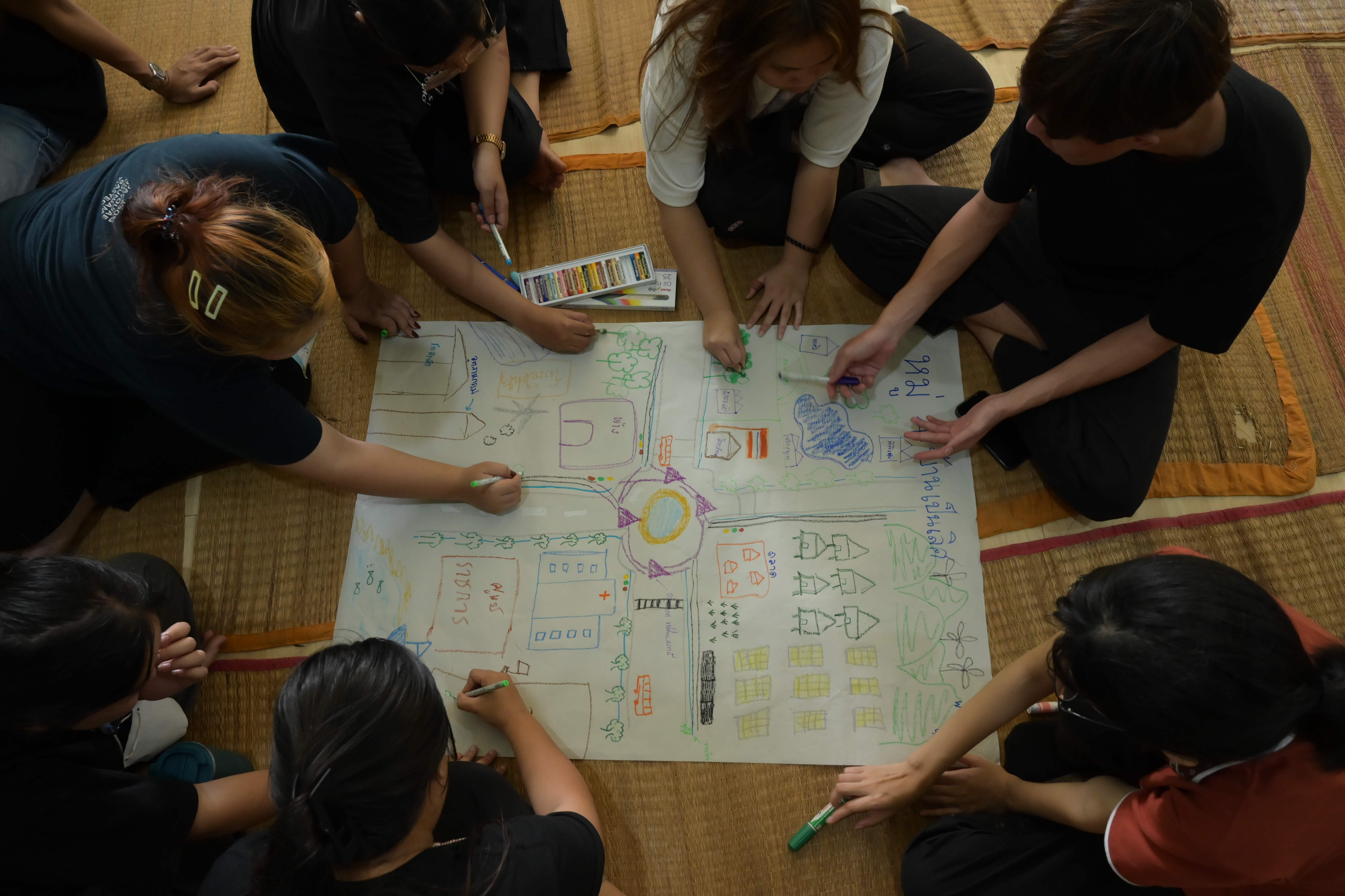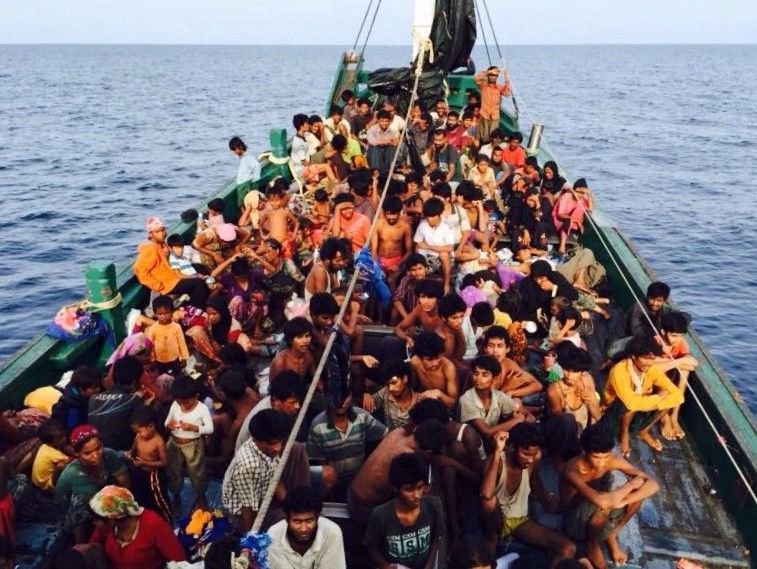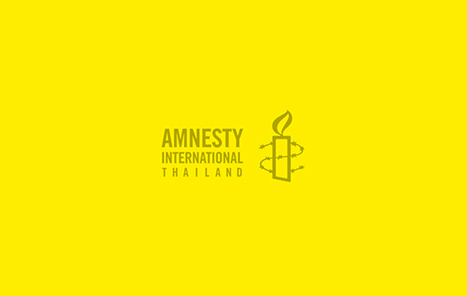"To become a strong movement of youth activists with Amnesty."
29 March 2024
Amnesty International Thailand
The year 2023 may have seen a decrease in the political activism and expression of youth compared to the preceding years. However, this does not take into account the legal cases stemming from the protests in 2020, where 47 cases were sentenced to prison (data as of December 15, 2023). Some may think that the "power of youth" has waned, but Amnesty does not share this belief.
"We" have encountered stories from those working in Amnesty clubs and the Youth Network, which consist not only of individuals interested in political expression rights but also encompass many other issues, including women's rights, children's rights, environmental rights, and community rights, both centrally and regionally.
The newly emerging Amnesty clubs, which have exceeded their initial goals, and the "Youth Network" serve as safe spaces facilitated by Amnesty to foster the exchange of ideas, information, and extensive knowledge about human rights. They are always ready to welcome new members to walk together towards the long-term fight for human rights.
Throughout 2023, street demonstrations for political expression were quieter compared to 2-3 years ago. The number of protests decreased from 2022. Data from Mob Data Thailand found a total of at least 514 protests nationwide (data until December 15, 2023), with 343 protests in Bangkok and 171 in other provinces.
Regarding legal cases stemming from protests and demonstrations since around 2020, there have been court judgments during 2023, with 47 cases resulting in imprisonment (data until December 15, 2023). Among these, 3 were youths. There are still individuals detained in prisons related to political expression or cases associated with politics without bail pending trial, at least 24 of them, of which 15 were charged under Section 112 (with 2 youths detained under special measures instead of court judgments). At least 13 individuals have reached the final stage of their cases and are still imprisoned.
From the aforementioned situation, it may lead many to question the "power of youth" who were once outspoken in politics, wondering where they have gone.
"Come!" Let's get to know the stories of youths, activists, and members of Amnesty International who are actively engaged in various human rights issues distributed across all regions of Thailand.
The power of youth drives the human rights movement.

First and foremost, it must be understood that "youths" are not only interested in children's rights or political expression. Each group and individual have an interest in human rights within the context related to their identity and the community they live in. Some are interested in gender identity and diversity, while others prioritize "local rights" that differ from those in the capital city.
They became part of the human rights movement with Amnesty International through the "Amnesty Club" and the "Youth Network." Amnesty International helps facilitate and support them, providing space for learning, discussion, and activities with peers who share similar interests.
2023 was a year of rapid expansion for Amnesty clubs, with up to 15 clubs established nationwide, mostly within universities.
"Rock-Ratsart Chatan," a third-year student majoring in Political Science and Social Sciences at Phayao University, was one of the co-founders of the Phayao Amnesty Club, the first club in the Northern region. He served as the secretary and communications officer of the club. He took part in organizing activities to promote awareness of human rights both on and off-campus.
Before founding the club, Rock had participated in several Amnesty activities, learning and understanding human rights issues reasonably well. He believed there should be an Amnesty club in the North, at least to demonstrate political science students' commitment. He was inspired by the new dean's appointment, who had practical experience and understanding of human rights. Therefore, he saw it as an excellent opportunity to establish a club at Phayao University, providing a safe space for human rights expression and activism.
Currently, the Amnesty club has gained recognition at Phayao University with over 300 members. One of the many activities that received positive feedback was the educational camp on the issues and problems of gold mining in Wang Saphung District, Loei Province.
Similarly, the Amnesty club in Lampang, located within Thammasat University, Lampang Campus, has been active.
Jub-Jib-Achiraya Boonta, the founder and president of the Lampang Amnesty club, shared that growing up outside of Bangkok made her realize the daily life's impact on human rights issues. She thought that being at the university should have the potential and ability to invite others to participate in activities together. It opens up space for activists in the region or, at the least, within the university




